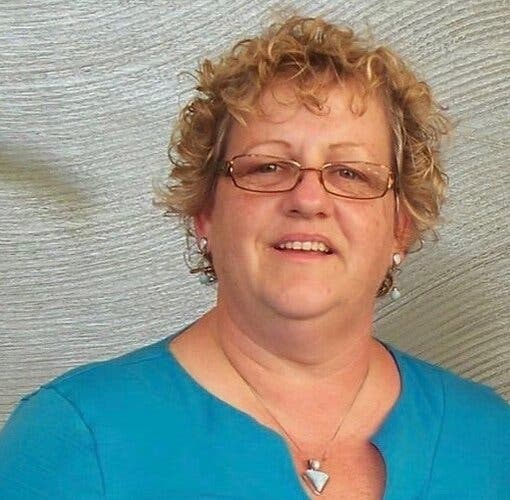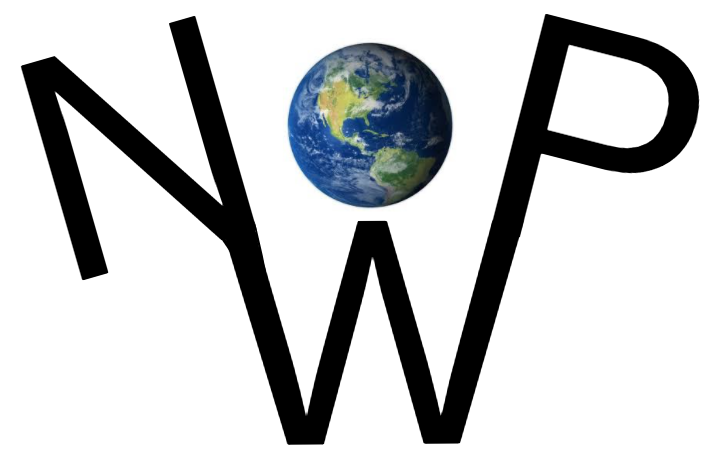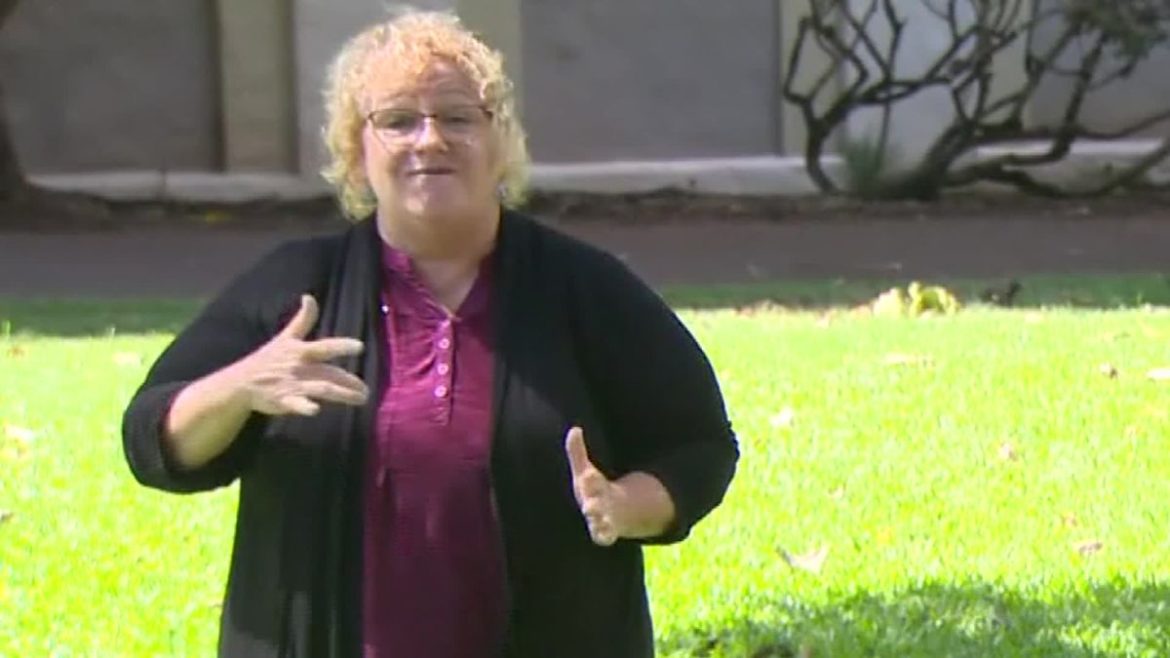Patty Sakal, 62, was an American interpreter and mentor for deaf Hawaiians for over 40 years.
She was dedicated to the deaf community in Hawaii.
The following written content by Naledi Ushe

American Sign Language (ASL) interpreter Patty Sakal who worked at coronavirus press briefings died on Friday from COVID-19 complications.
Sakal, who was 62, dedicated over 40 years to working various interpreter jobs for the deaf community in Hawaii.
The mom-of-three was visiting one of her daughters in San Diego, California when she suddenly fell ill, her sister Lorna Mouton Riff told The New York Times.
Sakal was placed on a ventilator after suffering from breathing problems and intestinal symptoms.
“We made that difficult decision to take her off of the ventilator and let her go in peace,” Mouton Riff told Hawaii News Now.
Riff added, “The nurses were in there. We were all on Zoom. They were playing her favorite jazz music and we had a chance to at least say goodbye in the only way we could at that time.”
“My sister did everything that she should have done for that trip,” Riff told CNN. “She wore a face mask, she wore a shield over her face, and she bought a first-class ticket so that she would be more isolated on the plane. And she still got the virus.”
She continued, “Clearly, the way that this virus moves and how contagious it is — the protections that we have been advised to do may not be enough.”
In addition to her sister, Sakal is survived by three daughters – Aisha Sakal, Amanda Sakal, and Andrea McFadden – brother, Byron Morikawa, and two grandchildren.
Advertisement
Due to the ongoing pandemic, the family of the deceased plans to hold a celebration of life for Sakal on what would be her 64th birthday, February 24, 2022.
Sakal worked closely with the former mayor of Honolulu, Kirk Caldwell, and Gov. David Y. Ige throughout the coronavirus pandemic.
“She was truly putting herself on the front line and I was always amazed by that and her very positive attitude,” Cadwell, 68, told Hawaii News Now. “Here it was, a pandemic and it was not safe to go, yet she went out and she helped do a job that was critical to people who needed this information.” Read more from Health.






